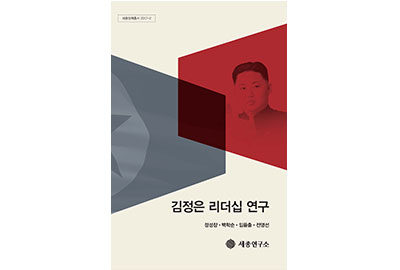After the demise of Kim Jong-il, a number of experts from Korea and beyond predicted that his third son Kim Jong-un is incapacitated to rule North Korea due to lack of experience and Party’s Central Committee Administration Department Chief Jang Sung-taek will serve as a regent. However, Jang was ‘executed’ less than two years after the death of Kim Jong-il, in December 2013 charged with being an anti-party and counter-revolutionary and Hyon yong-chol, the minister of the People’s Armed Forces, also was executed, accused of ‘failure to carry out the supreme leader’s order’ and ‘military bureaucracy’ in April 2015. Also, the Chief of the General Staff Ri Yong-ho, once considered to be the heavyweight in the army after Kim Jong-il’s death, was purged in July 2012 and it seems that most of the figures that could challenge Kim Jong-un’s authority are removed by frequently replacing high-level military officials.
Kim Jong-un has differentiated from his father by convoking politburo meetings and party’s central military committee and delivering speeches in front of the public since 2012, his first year in power. This is difficult to do when Kim Jong-un does not have the full grip on power.
Kim Jong-un demonstrated some practical sides, underlining the improvement of people’s livelihoods, expanding informal markets (known as jangmadang) increasing foreign currency earnings through dispatching workers abroad, unlike Kim Jong-il who emphasized the military over the economy. However, in the military, Kim Jong-un was more obsessed with nuclear and long-range missiles than his father, strengthening the military capabilities on one side, but causing deeper isolation in the international community. And he also revealed many limitations in foreign affairs, such as failing to engage in summit diplomacy even after more than five years in power.
Having been inured to Kim Jong-il’s leadership, many experts and the media faces difficulties in grasping such leadership style of Kim Jong-un objectively. At this juncture, this study intends to provide analysis and propositions necessary for the South Korean government’s North Korea policy by deeply scrutinizing Kim Jong-un’s leadership in politics, diplomacy, security, unification, economy, society and culture.
Volume No.: 2017-2
Publisher: The Sejong Institute
Publication Date: February 20, 2017
Paperback: 285 Pages
